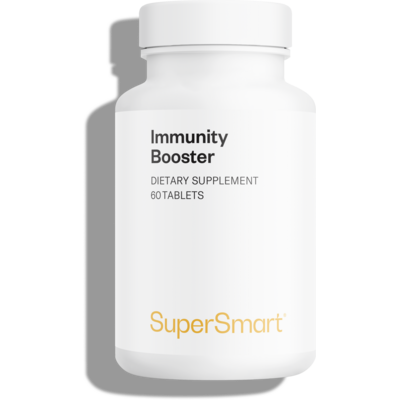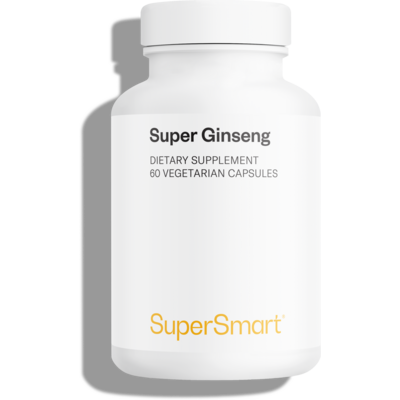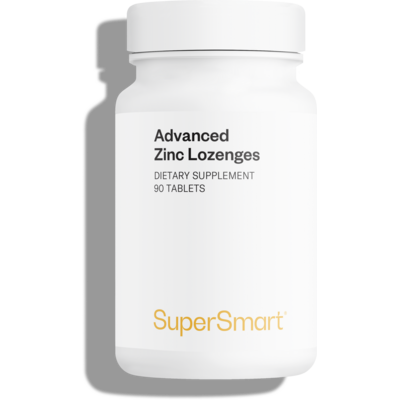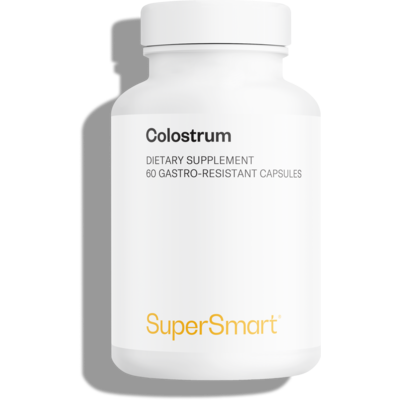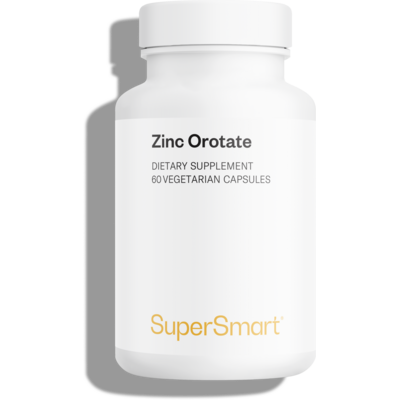What are the body’s different lines of immune defence?
From physical barriers to macrophages, lymphoid organs and antibodies, here’s an overview of the body’s lines of defence and how they work to fight invaders and infection.
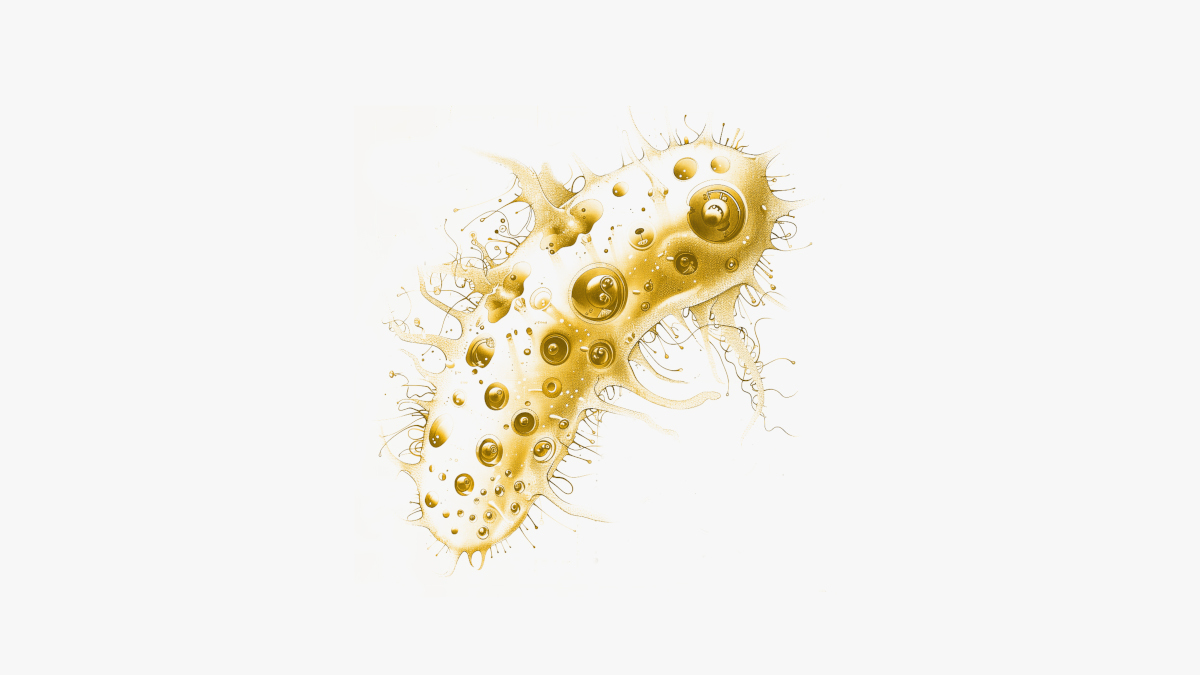
Main elements of the immune system
Physical barriers: the first line of immune defence
In order to contaminate and then infect the body, a microbe must first cross a physical barrier such as the skin or mucous membranes of the airways. Some of these barriers have active immune functions and are able to quickly neutralise intruders.
One such example is the skin’s outer layer, the keratinised epidermis, which secretes antimicrobial mini-proteins (defensins) and substances able to inhibit excessive microbial growth, such as lactic acid.
The same principle applies to the digestive tract mucosa which secretes lysozyme and lactoferrin.
Many immune cells responsible for patrolling and eliminating intruders are also present at barriers, such as mastocytes and intraepithelial lymphocytes on the skin, and neutrophils on the cornea, the clear outermost layer of the eye.
These barriers are also home to commensal bacteria, which live in symbiosis with us and which constitute an additional biological obstacle to potential attackers.
The majority of microbes are thus prevented from entering the body, though some will inevitably succeed in breaking through.
Innate defence mechanisms
When anatomical barriers are breached, the body must first identify the intruder (the ‘non-self’).
It therefore has a largely specific second line of defence: innate immunity. Receptors located on the surface of certain cells (including ‘dendritic cells’) are able to attach themselves to ‘common’ types of intruders, which they recognise without having come across them before. It’s as if we are born with a generic list of key enemies likely to infect us, that have several distinctive patterns and signs (pathogen-associated molecular patterns or ‘PAMP’).
For greater reactivity, our receptors are also able to recognise molecules made by human cells that have been infected by these intruders (danger-associated molecular pattern or ‘DAMP’).
Several immune players then enter the fray.
- Phagocytes (such as neutrophils, monocytes and macrophages) ingest and destroy the foreign molecules (antigens) recognised by the body.
- Polymorphonuclear leukocytes (neutrophils, eosinophils, basophils, mast cells) arrive at the scene and release molecules that will trigger inflammation, a typical immune system response marked by a rise in temperature, pain and vasodilation (increased blood supply to facilitate the arrival of the immune players).
- NK (Natural Killer) cells destroy infected human cells and certain cancer cells.
Acquired defence mechanisms
When an intruder is encountered for the first time, a second system is set in motion: acquired immunity.
White blood cells called lymphocytes (T and B lymphocytes) learn and memorise the specific nature of the intruder in order to attack it more effectively should it reappear in the future. To do so, these lymphocytes need helpers, antigen-presenting cells (dendritic cells, monocytes…), which digest the intruder and reduce it to fragments.
Some of these lymphocytes then develop into memory cells which live for years or even decades. And when they re-encounter their specific aggressor, they are able to transform themselves into antibody-producing cells (plasmocytes).
Also called immunoglobulins (igg, igm, iga, ige…), antibodies bind specifically to the pathogens they’ve learnt to recognise, and protect the body in several ways:
- by helping phagocytes to engulf antigens;
- by inactivating toxic substances produced by the intruders;
- by preventing bacteria and viruses from attaching to, and overwhelming cells;
- by helping NK cells to destroy infected or cancerous cells.
Vaccination is based precisely on this acquired (or adaptive) immunity, a key role of which is to produce specific antibodies to fight a targeted aggressor.
Other immunity players
Innate and acquired immunity interact and influence each other during the immune response. Many other players become involved in this process (1).
- The complement system, around 30 proteins which are activated sequentially, like a cascade of reactions. They support the immune response by attaching to intruders and attracting phagocytes.
- Cytokines which are the immune system’s messengers. They are produced by many immune system cells when an intruder is detected.
- Lymphoid organs, which are the sites of white blood cell production and multiplication. They also trap intruders by bringing them together and enable immune cells to collect in one place so they can interact better with each other. They include the thymus, spleen, bone marrow, strategically-located lymph nodes, tonsils, and appendix.
The immune response ceases once the intruder is eliminated from the body.
The best natural ingredients for boosting your lines of defence
Zinc & immunity
Zinc is a trace-element present in every cell in the body. It supports normal immune system function through at least three distinct mechanisms (2):
- It is involved in the maturation, differentiation and protection of B and T lymphocytes.
- It is a mediator of the immune response within cells.
- It is essential for the biological activity of enzymes involved in the immune response (particularly thymulin).
In general, the body absorbs between 15% and 40% of the zinc present in food, the main sources being meat, nuts, fish and seafood, but zinc supplements can help to both compensate for any shortfall and normalise the immune system. Zinc orotate (Zinc Orotate) and zinc bisglycinate (Advanced Zinc Lozenges) are the forms best-absorbed and best-tolerated by the body.
Echinacea, the protective plant of Native Americans
A traditional Native American remedy, echinacea is a plant extensively studied for its potential to modulate the body’s defence system.
It is now one of the most widely-used medicinal plants in Europe and North America.
While we don’t yet know all its precise mechanisms of action, echinacea appears to stimulate production of certain cytokines and help to activate various immune cells (macrophages and lymphocytes), as a result of its high content of alkylamides and echinacoside (3-4), especially when taken in the form of a dietary supplement (Immunity booster).
Colostrum and its antibodies
Colostrum is a substance produced by all female mammals in the first days after giving birth.
Rich in proteins and antibodies, key molecules for the immune system and the fight against pathogens, it also contains vitamins, minerals, anti-infectious molecules (lactoferrin and lysozyme, in particular) and zinc, which helps to normalise the immune response.
Some supplements in the form of gastro-resistant capsules (such as Colostrum) maximise the substance’s benefits.
Immunostimulant effects of ginseng
Like echinacea, ginseng is one of the plants termed ‘adaptogens’ which help the body defend itself against attack.
It is its high content of ginsenosides which gives it this ability to support the immune system (5-6), by stimulating defence cells such as lymphocytes, and by supporting production of interferons, cytokines produced naturally when pathogens enter the body.
For optimal effects, it’s best to choose a ginseng supplement standardised in ginsenosides (such as Super Ginseng).
SuperSmart ADVICE
References
- Chaplin DD. Overview of the immune response. J Allergy Clin Immunol. 2010 Feb;125(2 Suppl 2):S3-23. doi: 10.1016/j.jaci.2009.12.980. PMID: 20176265; PMCID: PMC2923430.
- Zinc for the common cold. Singh M, Das RR. Cochrane Database Syst Rev. 2011 Feb 16;2:CD001364.
- Goel V, Chang C, Slama JV, Barton R, Bauer R, Gahler R, Basu TK. Alkylamides of Echinacea purpurea stimulate alveolar macrophage function in normal rats. International Immunopharmacology, 2002 Feb; 2 (2-3) : 381-387.
- Sullivan AM, Laba JG, Moore JA, Lee TD. Echinacea-induced macrophage activation. Immunopharmacol Immunotoxicol. 2008;30(3):553-74. doi: 10.1080/08923970802135534
- Scaglione F, Cattaneo G, et al. Efficacy and safety of the standardised Ginseng extract G115 for potentiating vaccination against the influenza syndrome and protection against the common cold [corrected]Drugs Exp Clin Res 1996;22(2):65-72.
- McElhaney JE, Gravenstein S, et al. A placebo-controlled trial of a proprietary extract of North American ginseng (CVT-E002) to prevent acute respiratory illness in institutionalized older adults.J Am Geriatr Soc. 2004 Jan;52(1):13-9. Erratum in: J Am Geriatr Soc. 2004 May;52(5):following 856.
Keywords
3 Days
My skin is clearing up nicely!
Pretty good for my skin so far.
Christian
6 Days
The new packaging is excellent
The new packaging is excellent - finally! No more squashed boxes and torn envelopes.
GORAN
6 Days
Great Product
Great Product
Larry Garrett
11 Days
Quick shipping
Quick shipping; good price. No issues!
Mary McCarty
12 Days
Thr product is very good and is helping…
Thr product is very good and is helping me on my health. Then is always on time
LUGO Luz
15 Days
Buying was fine
Buying was fine. I had problems with the website not recognizing my login info, and had to call to get it fixed. Other than that, everything was good.
David S. Clark
15 Days
Your super maca and super ginseng are…phenomenal
Your super maca and super ginseng are phenomenal supplements that compliment each other when taking them together. Fantastic feeling of well-being and lots of mid day energy without the crash.
Keith Mason
18 Days
I have had amazing results with every…
I have had amazing results with every supplement I've purchased. I am extremely satisfied with this company
kirstin Torres
18 Days
Fine products
Fine products . They are on the leading edge of online supplements. The only issue -so far-is they sometime run out of subscription items.
Jason Argos
20 Days
The ordering process is very user…
The ordering process is very user friendly and the products always come in a timely manner.
CARTER Rhonda
22 Days
The price for Dr
The price for Dr. Pero's AC-11 is reasonable and in line with his views. (my former colleague). Keep it pure.
CAMPBELL Clayton
24 Days
Right on every time.
Right on every time.
Arthur Nicholas
27 Days
They are cheaper than everyone else and…
They are cheaper than everyone else and the shipping was fast. Great company.
Patricia Adams
34 Days
Availability of quality health…
Availability of quality health supplements and it's wide variety is impressive. Ordering is seamless and shipping even during the holidays is well streamlined.
Mohamad Hussein
48 Days
A Product worth waiting for when not…
A Product worth waiting for when not available and then arriving as a surprise!
DOMINIC


